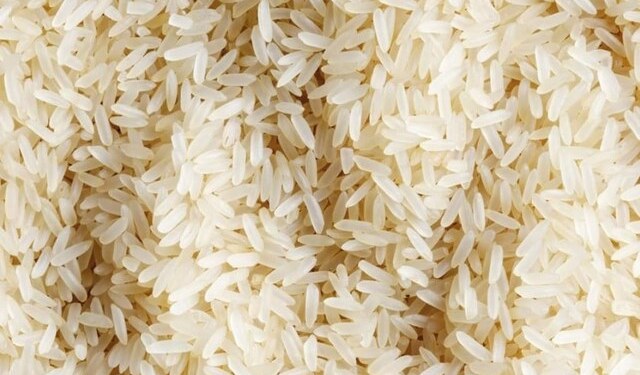By Roberta Rampton
WASHINGTON (Reuters) – U.S. President Donald Trump was expected to lay the foundation for tariffs on Chinese imports worth around $50 billion on Thursday, in a move likely to trigger retaliation from Beijing and stoke fears of a global trade war.
The tariffs will target China’s high-technology sector and could also include restrictions on Chinese investments in the United States, U.S. Trade Representative Robert Lighthizer said on Wednesday.
The White House said Trump would sign a presidential memorandum “targeting China’s economic aggression” at 12:30 p.m. EDT (1630 GMT) on Thursday.
“The president will announce the actions he has decided to take based on USTR’s 301 investigation into China’s state-led, market-distorting efforts to force, pressure, and steal U.S. technologies and intellectual property,” a White House official said.
The tariffs would be worth between $50 billion and $60 billion, a source familiar with the process said.
The investigation by the United States under Section 301 of the 1974 Trade Act has identified theft from and coercion of U.S. companies to disclose their intellectual property as well as purchases by Chinese state funds of U.S. companies for their technology knowledge.
Lighthizer told the U.S. House of Representatives Ways and Means Committee that the aim would be to minimize the impact of any tariffs on U.S. consumers.
China has threatened to retaliate by hitting U.S. agricultural exports.
Asked about the impact on farmers in conservative-leaning states, White House legislative director Marc Short said the administration was concerned but could not allow China to steal intellectual property.
“The president is looking to make sure he’s protecting American businesses here,” Short told MSNBC in an interview.
The Unites States also is expected to sue China at the World Trade Organization over alleged trade law violations as part of its planned trade announcement, the Wall Street Journal reported, citing a person with knowledge of the plans.
Lighthizer conceded China would likely hit back with measures on U.S. agricultural exports, particularly soybeans, and said Washington would impose counter-measures if that happened.
(For a graphic on U.S. trade in goods with China click http://tmsnrt.rs/2GcOZIH)
TARIFF EXEMPTIONS
Since taking office, Trump has taken a hard line on trade, abandoning an Asia-Pacific trade pact and threatening to pull out of the North American Free Trade Agreement with Canada and Mexico.
He also has announced tariffs on steel and aluminum imports, with initial exemptions for Canada and Mexico.
Lighthizer told a Senate committee on Thursday that the European Union, along with Argentina, Australia, Brazil and South Korea, would be exempted from the steel and aluminum tariffs, which become effective on Friday.
The National Association of Manufacturers urged caution on tariffs on Thursday, saying they risked provoking Chinese retaliation and making things more expensive for Americans.
“The only way we’ll truly make lasting progress is through a strategic approach that uses both carrots and sticks to accelerate changes to Chinese policies,” NAM President Jay Timmons said, urging a trade agreement with China.
Source: Investing.com




























